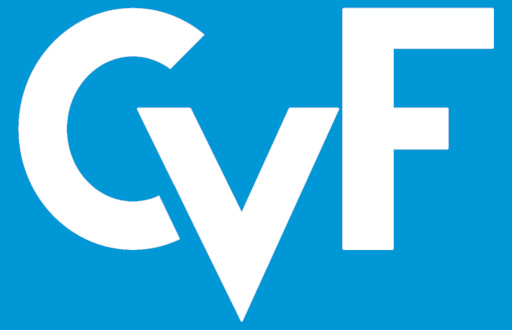Computer vision models trained on public datasets often exhibit performance drift when deployed in real-world surveillance, diverging from their reported test-set results. This workshop invites papers presenting experimental results from any real-world surveillance or asset-protection application (e.g.,guarding buildings and critical infrastructure), the challenges encountered, and strategies for mitigation on topics including, but not limited to:
- Object detection
- Tracking
- Action recognition
- Scene understanding
- Super-resolution
- Multi-modal surveillance
Furthermore, the workshop has a special attention to legal and ethical issues of computer vision applications in real-world scenarios. We therefore also welcome papers describing their methodology and experimental results on legal matters (like GDPR, AI Act, and US Executive Order on AI) or ethical concerns (like detecting bias towards gender, race, or other characteristics and mitigating strategies). We particularly encourage submissions addressing safety, reliability, and regulatory compliance for critical infrastructure protection, as well as privacy-preserving approaches in high-security environments.
Important Dates
Paper submission deadline: Extended to December 10th, 2025 (11:59 PM, AoE)
Paper submission deadline for challenge participants: December 14th, 2025 (11:59 PM, AoE)
Decision notification: December 23rd, 2025
Camera-ready: January 9th, 2026 (11:59 PM, PT)
Submission
Submitted papers are handled via OpenReview accessible here
Paper template and guidelines for the workshop are similar to those of WACV and can be found here
Accepted papers will be included in WACV Workshop proceedings and will be published by the CVF / IEEE


